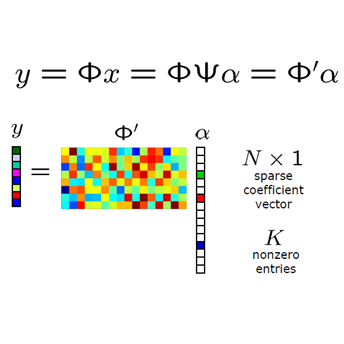One-bit compressed sensing (1bCS) is a method of signal acquisition under extreme measurement quantization that gives important insights on the limits of signal compression and analog-to-digital conversion. The setting is also equivalent to the problem of learning a sparse hyperplane-classifier. In this paper, we propose a novel approach for signal recovery in nonadaptive 1bCS that matches the sample complexity of the current best methods. We construct 1bCS matrices that are universal - i.e. work for all signals under a model - and at the same time recover very general random sparse signals with high probability. In our approach, we divide the set of samples (measurements) into two parts, and use the first part to recover the superset of the support of a sparse vector. The second set of measurements is then used to approximate the signal within the superset. While support recovery in 1bCS is well-studied, recovery of superset of the support requires fewer samples, and to our knowledge has not been previously considered for the purpose of approximate recovery of signals.
翻译:一台比特压缩传感器(BCS)是在极端测量量化下获取信号的一种方法,它使人们对信号压缩和模拟转换到数字转换的限度有了重要的洞察力。这一设置也相当于学习一个稀疏的超高飞机分类器的问题。在本文中,我们提出了一种与目前最佳方法的样本复杂性相匹配的新型非适应性1BCS信号恢复方法。我们建造了一个通用的1BCS矩阵,即在模型下为所有信号工作,同时回收非常普通的随机稀有信号。在我们的方法中,我们将一组样品(测量)分成两部分,并使用第一部分来回收稀散矢量支持的超集。第二套测量方法随后用于近似超集中的信号。虽然对1BCS的支持回收进行了仔细研究,但对支持的超级集的恢复需要较少的样本,而且我们的知识以前没有考虑过收集信号的大致目的。



